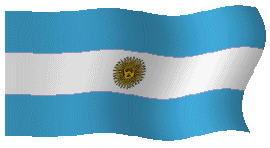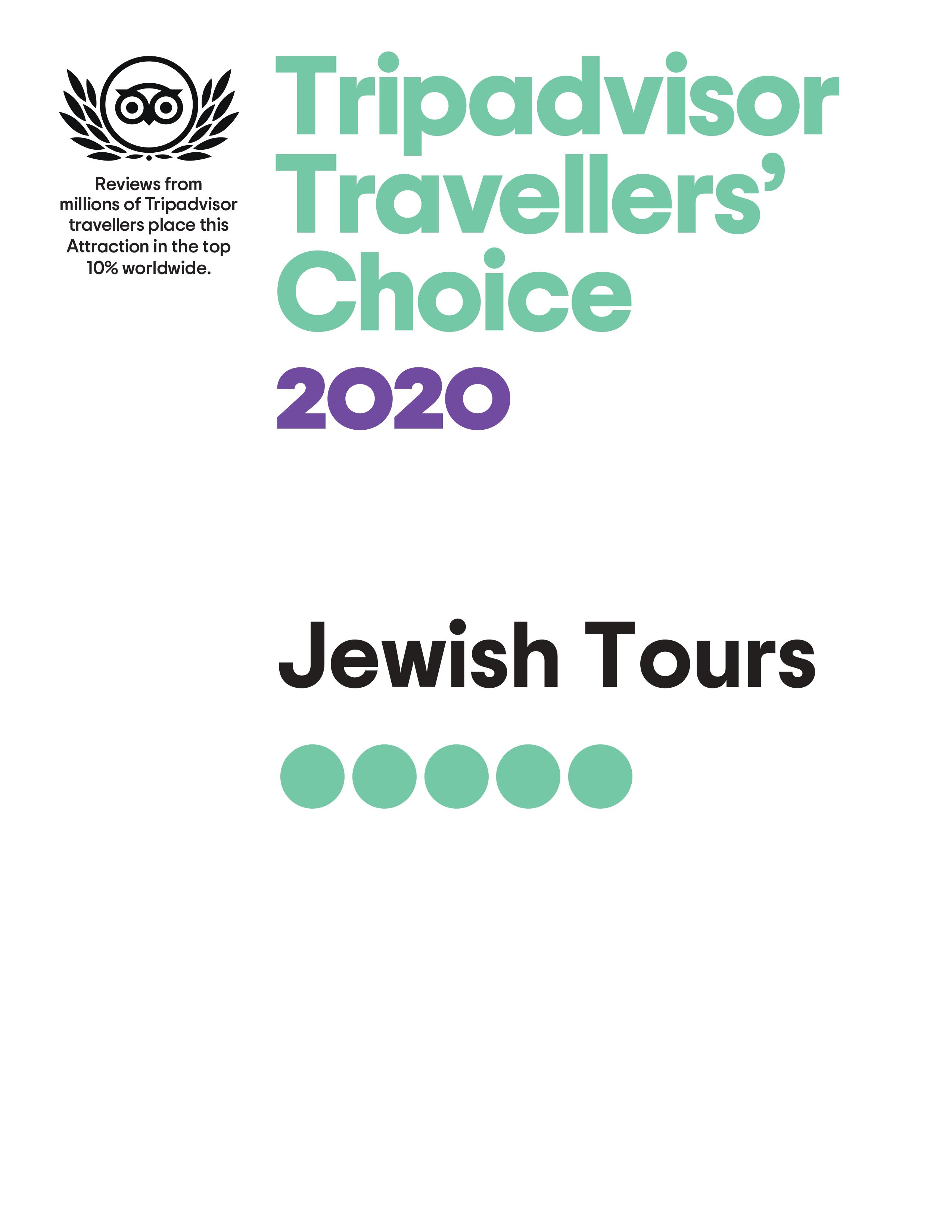
B"H
Jewish  Tours
Tours
 Buenos Aires, Argentina
Buenos Aires, Argentina

|
What is Travelers’ Choice?
Tripadvisor gives a Travelers’ Choice award to accommodations,
attractions and restaurants that consistently earn great reviews
from travelers and are ranked within the top 10% of properties
on Tripadvisor.
¿Qué es el premio Travellers' Choice?
Tripadvisor les otorga el premio Travellers' Choice a los
alojamientos, las atracciones y los restaurantes que
consistentemente reciben excelentes opiniones de los
viajeros y que se clasifican dentro del 10% de los
establecimientos más populares en Tripadvisor.
|
Column: Ordinary people, heroes in extraordinary times
By DEBORA STEINERMAN
To the Valley News
Published: 10/5/2020 10:10:15 PM
Oct. 5, 2019 was
proclaimed Raoul Wallenberg Day in Vermont by Gov. Phil Scott. Given the
increasing flood of news in recent years, the significance of that announcement
may have escaped notice.
Likewise, not many Americans made note when
President Ronald Reagan made Wallenberg an honorary citizen of the United States
in October 1981, either.
On this first anniversary of Scott’s pronouncement,
we ask: How many know who Raoul Wallenberg was, or why he has been honored?
According to the U.S. Holocaust Memorial Museum, after studying in the United
States at the University of Michigan in the 1930s and establishing a career for
himself in Sweden, Wallenberg was recruited by the U.S. War Refugee Board in
1944 to travel to Hungary. An architect and businessman, he was sent to Hungary
to organize rescue operations for the Jewish community.
By July 1944, the
Hungarians and Nazis had deported nearly 440,000 Jews from Hungary, almost all
of them to the Auschwitz-Birkenau extermination and concentration camps, where
the SS killed approximately 320,000 upon arrival and deployed the rest to forced
labor. Approximately 200,000 Jews remained in Budapest. The authorities intended
to deport them in compliance with Nazi requests as well.
Despite a lack of
experience in diplomacy and clandestine operations, Wallenberg led one of the
most extensive and successful rescue efforts during the Holocaust.
With
authorization from the neutral Swedish government, shortly after his arrival in
Budapest he began distributing certificates of protection issued by the Swedish
legation to Jews there. He used War Refugee Board and Swedish funds to establish
hospitals, nurseries and a soup kitchen, and designated more than 30 safe houses
that formed the basis of an “international ghetto” reserved for Jews and their
families holding certificates of protection from a neutral country. Risking his
own life countless times during his work, he managed to rescue Jews from trains
bound for gas chambers, brought food and blankets to those on death marches, and
fearlessly challenged Nazi authorities. By the time Soviet forces liberated
Budapest in February 1945, Wallenberg’s courageous work managed to have saved
the lives of tens of thousands of men, women and children.
Presumably
detained on suspicion of espionage, Wallenberg was last seen being escorted by
Soviet officials on Jan. 17, 1945, as their army took over Budapest. He later
disappeared and is believed to have died in a Moscow prison in 1947.
As
Scott’s proclamation states: “Raoul Wallenberg has become a symbol of each human
being’s concern for every fellow human being, an example to be followed, and an
inspiration to uncover and fight for justice and understanding.”
In these
trying times we need to recognize our heroes. Heroes can be ordinary people.
Ordinary people can and are doing extraordinary things. Many times, at great
risk to themselves and their families.
The Vermont Holocaust Memorial has
established a Vermont student essay competition for students in grades 4 through
12 titled “Rescuers in the Time of COVID-19” to highlight the need for
upstanding people such as Wallenberg throughout history — and today. This
comparative essay, awarding cash prizes to the top three submissions in four
grade categories, challenges students to reflect on a person or group who has
helped in arguably the greatest “rescue” of modern times, and how their values
reflect those rescuers of World War II’s Holocaust.
The Talmud states:
“Whoever saves a life is considered to have saved the world.” That was the only
way people survived during the Holocaust and it’s the way Vermonters, and all
Americans, will survive this current crisis. Let’s remember to honor the heroes
of the past and today, and never forget the 11 million individuals who perished
in the Holocaust due to their supposed religious, racial, biological, political
or physical inferiority.
The Vermont Holocaust Memorial’s contest entry
deadline has recently been extended until Nov. 10. For more information, visit
www.holocaustmemorial-vt.org/2020essaycontest.
Debora Steinerman is president
and a co-founder of the Vermont Holocaust Memorial.
https://www.vnews.com/Column-Ordinary-People-Can-Be-Heroes-36545835
|
Visite nuestro sitio/Visit our home page: |